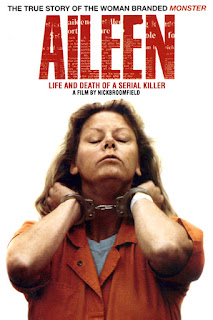Key notes from our last meeting with Zoe, it was great to have this feedback as after Easter we will dive straight into the project.
- A reason for making the presenter want to lose weight is key to make the story make sense and flow along
- Interview people on the streets and asking people if they have had ever done a diet or ever wanted to
- Voxpops in a gym, people are worried about weight but possibly people that have also lost a lot of weight
- Actor going uptight people that are thin and asking them how they got there and how they lost weight
- Have they done it slowly or done a fad diet to lose weight quickly
- Statistics cutting in between challenges to make them make sense
- http://www.nhs.uk/news/2009/04April/Pages/WeightLossPillsQandA.aspx
- Is it dangerous to lose so much weight at a young age?
- http://uk.businessinsider.com/weight-watchers-meetings-for-young-people-2017-3
- A lot of humour and a little bit of dark facts
- Skype - make sure the person we chose is good at improvising, charming, sense of humor
Script update from Helen:
We did get the script in on time which was good, however as expected it does need a good amount of work. We have got the order right, but now it needs to look like a script!
Email from Helen read
"Your script needs to make clear the sort of material I am watching as per the lecture notes and example I showed you on scripting - i.e. Is it COMM (commentary), SYNC (interview clip), PTC (piece to camera) etc. You should fully script all commentary and PTCs and work out the pictures/sequence or actuality or GVs etc which accompany each element.
Also you need to think about the tone of your film – it feels a little impersonal and yet it features someone (your presenter) who is going to be your ‘guinea pig’ - who are they and why are they doing this?? Your film needs to set this up clearly at the top.
Also the tone is a little confusing in terms of whether it is a ‘serious’ or amusing look at the subject – it is covering a lot of serious content but without rigorous research or relevant testimony from experts to back it up.
Every time you change subject, location, people, places etc you need to set them up and introduce them clearly either through commentary or pieces to camera."
We're going to talk to Helen on Monday to get it sorted properly and hopefully by the end of monday we will have a finished script.



















































